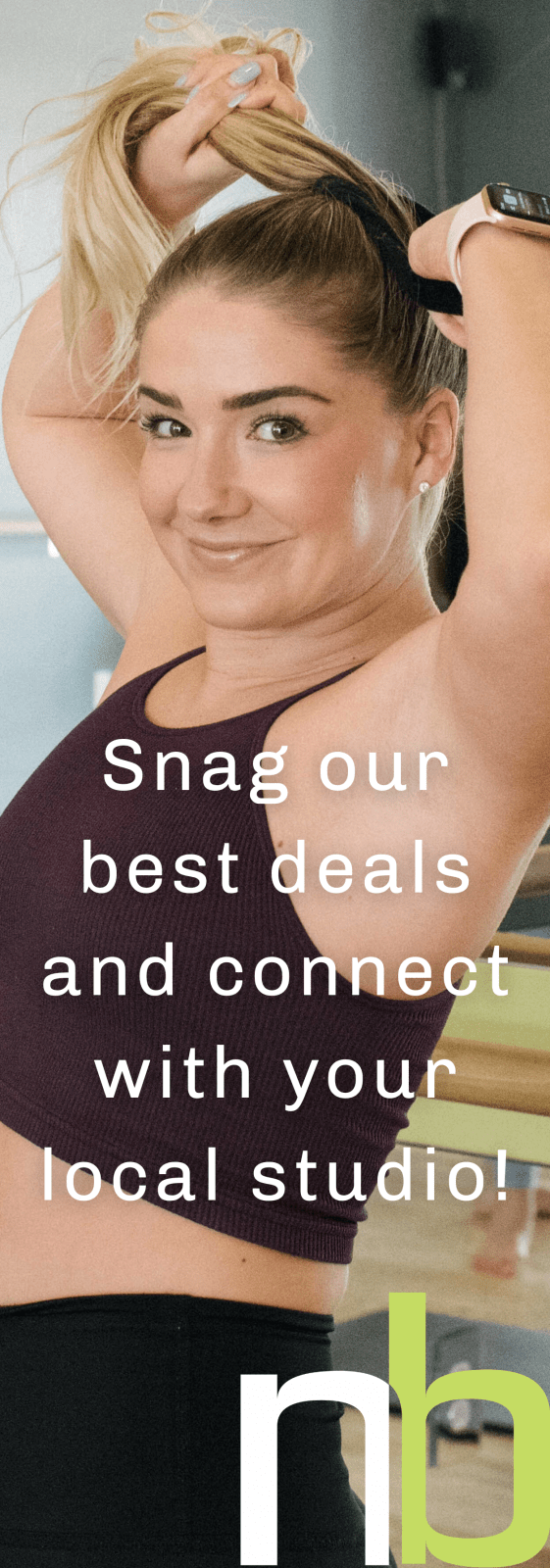Top 3 Reasons to Try Dry January
Your Instagram is likely inundated with ads and sponsored stories about “Dry January,” aka mocktail season. Beyond being as trendy as your local, favorite influencer, taking a break from alcohol has many benefits for your health and wellness. The idea is to take a month-long break from drinking, which can help individuals reflect on their alcohol consumption and make healthier choices for the rest of the year. Some people participate in Dry January as a way to detox after the holiday season, while others use it as a way to set a positive example for others or as a personal challenge. We’re going to cover the top 3 areas that you’ll see both short-term and long-term benefits in your life when you take a temporary reprieve from alcohol.

Mind over Matter:
- Improved mood: Alcohol affects the part of your brain that controls inhibition, so you may feel relaxed, less anxious, and more confident after a drink. But these effects quickly wear off. The chemical changes in your brain can soon lead to more negative feelings, such as anger, depression or anxiety, regardless of your mood
- Increased focus and productivity: Alcohol can impair cognitive function, so not drinking can lead to an improvement in focus and an increase in productivity.
- Improved self-esteem: Long-term heavy drinking can damage relationships, work performance, and social standing, which can lead to decreased self-esteem. Not drinking can help rebuild these areas of one’s life and improve self-esteem.
- Improved decision making: Alcohol consumption can cloud judgment and decision-making abilities. Abstaining from drinking can help to improve decision-making abilities, like going to bed earlier, not eating that late night snack, or not sending that text/making that call that you potentially regret the next day!
- Better memory and memory recall : Drinking can make you forget new information due to alcohol reducing or blocking your REM sleep. Alcohol can also reduce the size of your hippocampus, an area of the brain responsible for memory.
Body Benefits:
- Improved liver function: The liver is responsible for breaking down alcohol, and excessive alcohol consumption can lead to a number of liver problems, such as fatty liver, hepatitis, and cirrhosis. Abstaining from drinking can help improve the health of the liver and reduce the risk of these conditions.
- Better heart health: Alcohol consumption has been linked to an increased risk of heart disease. Abstaining from drinking can help lower blood pressure and reduce the risk of heart disease.
- Weight loss: Alcohol contains a lot of calories, and drinking can lead to weight gain. Abstaining from drinking can help with weight loss and maintenance.
- Better skin: Drinking alcohol can dehydrate the body, which can lead to dry and dull skin. Taking a break from booze is like a rejuvenating spa day for your skin. Your skin may appear hydrated and dewy, with less swelling and flushing.
- Improved physical fitness: Drinking excessively can lead to decreased muscle mass, strength and stamina, taking a break from drinking can help with the recovery of all of these.
Well-Being:
- Increased energy: Alcohol can make people feel sluggish and lethargic, and not drinking can lead to increased energy levels and an improved mood.
- Financial savings: Not drinking can save a lot of money on the cost of alcoholic beverages, especially if you’re a social drinker who frequents bars and restaurants.
- Increased awareness of drinking habits: Taking a break from alcohol can help people become more aware of how much and how often they drink, and can lead to healthier drinking habits in the future.
- Improved concentration and mental clarity.
- Improved sleep: Drinking alcohol can disrupt sleep, leading to insomnia and other sleep-related problems. The problem is that as alcohol metabolizes through your body, it can suppress the REM sleep, rapid-eye-movement sleep, which is the part of sleep where dreams mostly occur. It’s also really important for things like memory consolidation, learning, and emotional processing. Keep in mind however, that initially it may be harder to fall asleep without alcohol. So consider replacing your ‘wind down’ nightly glass of wine with something else – like a bath, reading a book, a hot cup of tea, or meditation/breathwork exercises.
For ideas on how to make easy, at-home mocktails (or to order pre-made mocktails), follow Instagram accounts @seedlipdrinks, @join_jules, @ritual, and @zero_proof_cocktails. Bonus points if you add adaptogens, CBD or another relaxant to your mocktails at home for extra relaxation and wellness benefits! When you’re ready to re-introduce alcohol, the key here (as with all aspects of well-being) is balance. Perhaps only drink over the weekend, or try diluting your drinks. You can easily dilute your level of alcohol content by mixing wine or your cocktail with sparkling water!



